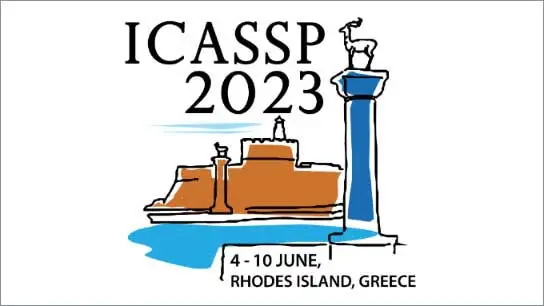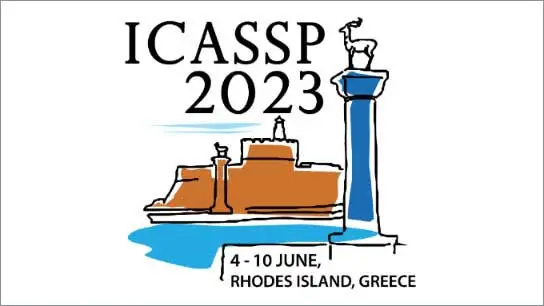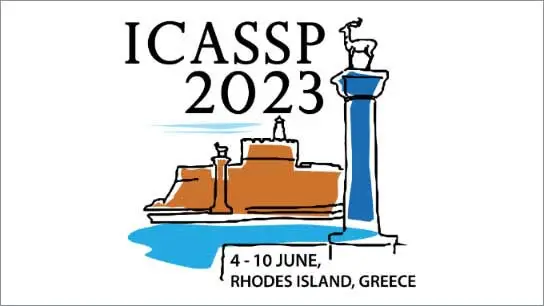Time-Aware Multiway Adaptive Fusion Network for Temporal Knowledge Graph Question Answering
Yonghao Liu (Centre for Natural Language Processing, Meituan Inc., Beijing, China); Di Liang (Centre for Natural Language Processing, Meituan Inc., Beijing, China); Fang Fang (Department of Automation, Tsinghua University, Beijing, China); Sirui Wang (Centre for Natural Language Processing, Meituan Inc., Beijing, China); Wei Wu (Centre for Natural Language Processing, Meituan Inc., Beijing, China); Rui Jiang (Department of Automation, Tsinghua University, Beijing, China)
-
Members: FreeSPS
IEEE Members: $11.00
Non-members: $15.00
06 Jun 2023
Knowledge graphs (KGs) have received increasing attention due to its wide applications on natural language processing. However, its use case on temporal question answering (QA) has not been well-explored. Most of existing methods are developed based on pre-trained language models, which might not be capable to learn temporal-specific presentations of entities in terms of temporal KGQA task. To alleviate this problem, we propose a novel Time-aware Multiway Adaptive (TMA) fusion network. Inspired by the step-by-step reasoning behavior of humans. For each given question, TMA first extracts the relevant concepts from the KG, and then feeds them into a multiway adaptive module to produce a temporal-specific representation of the question. This representation can be incorporated with the pre-trained KG embedding to generate the final prediction. Empirical results verify that the proposed model achieves better performance than the state-of-the-art models in the benchmark dataset. Notably, the Hits@1 and Hits@10 results of TMA on the CronQuestions dataset's complex questions are absolutely improved by 24% and 10% compared to the best-performing baseline. Furthermore, we also show that TMA employing an adaptive fusion mechanism can provide interpretability by analyzing the proportion of information in question representations.



